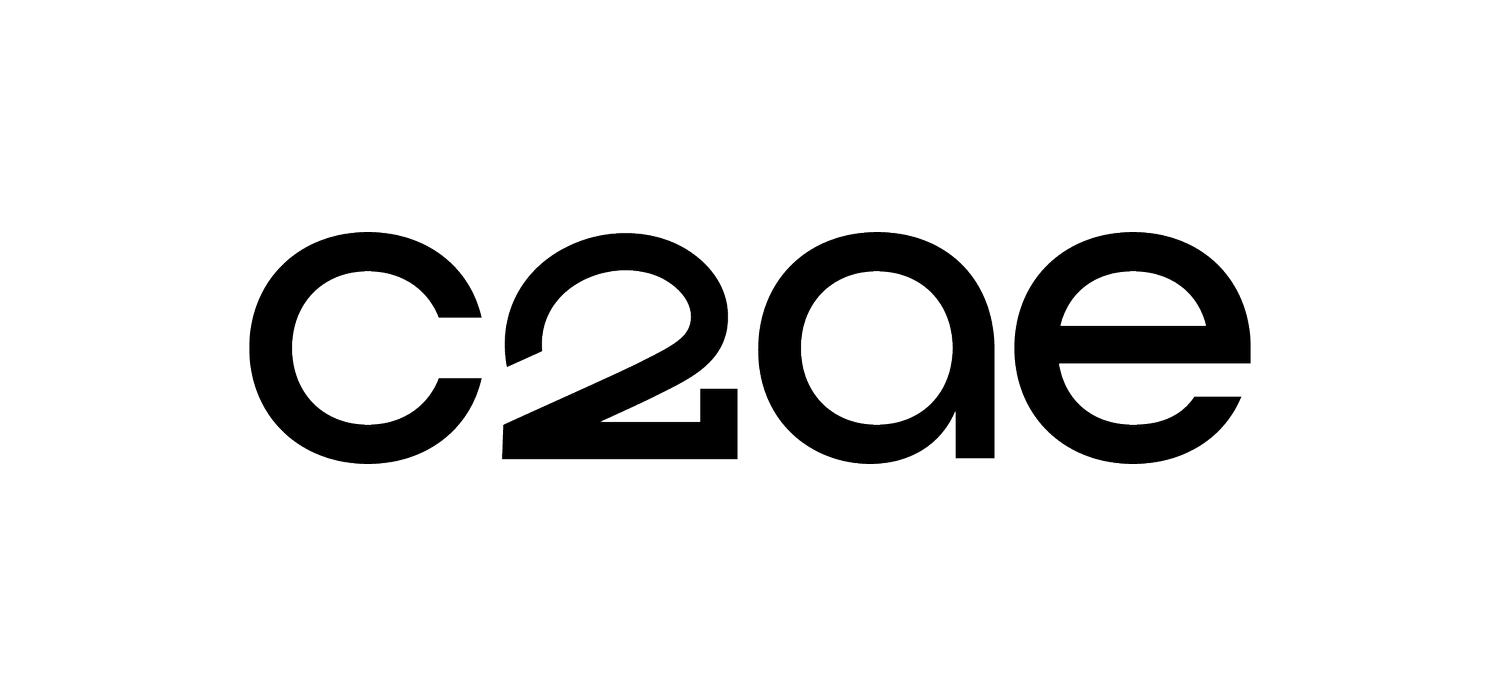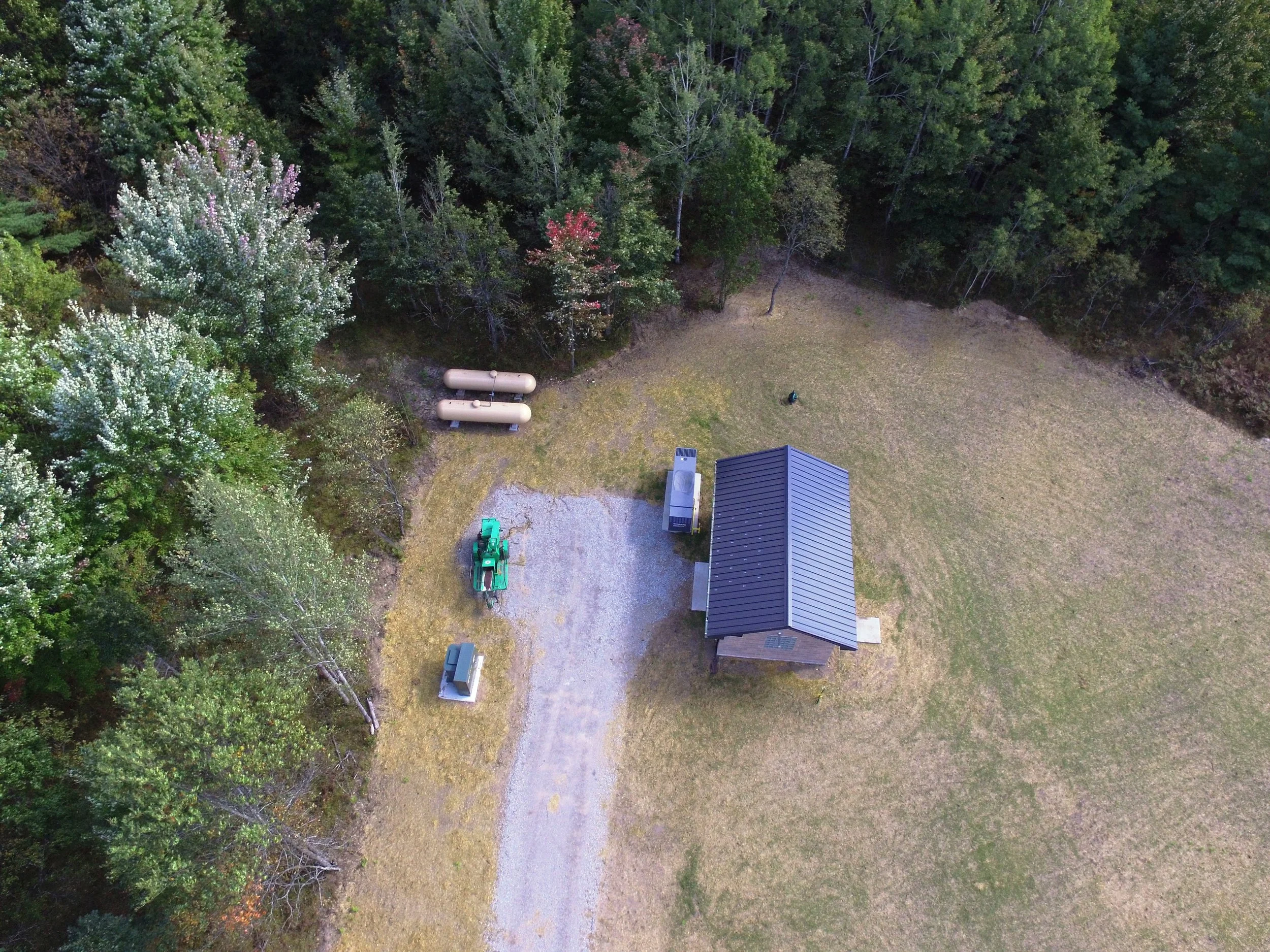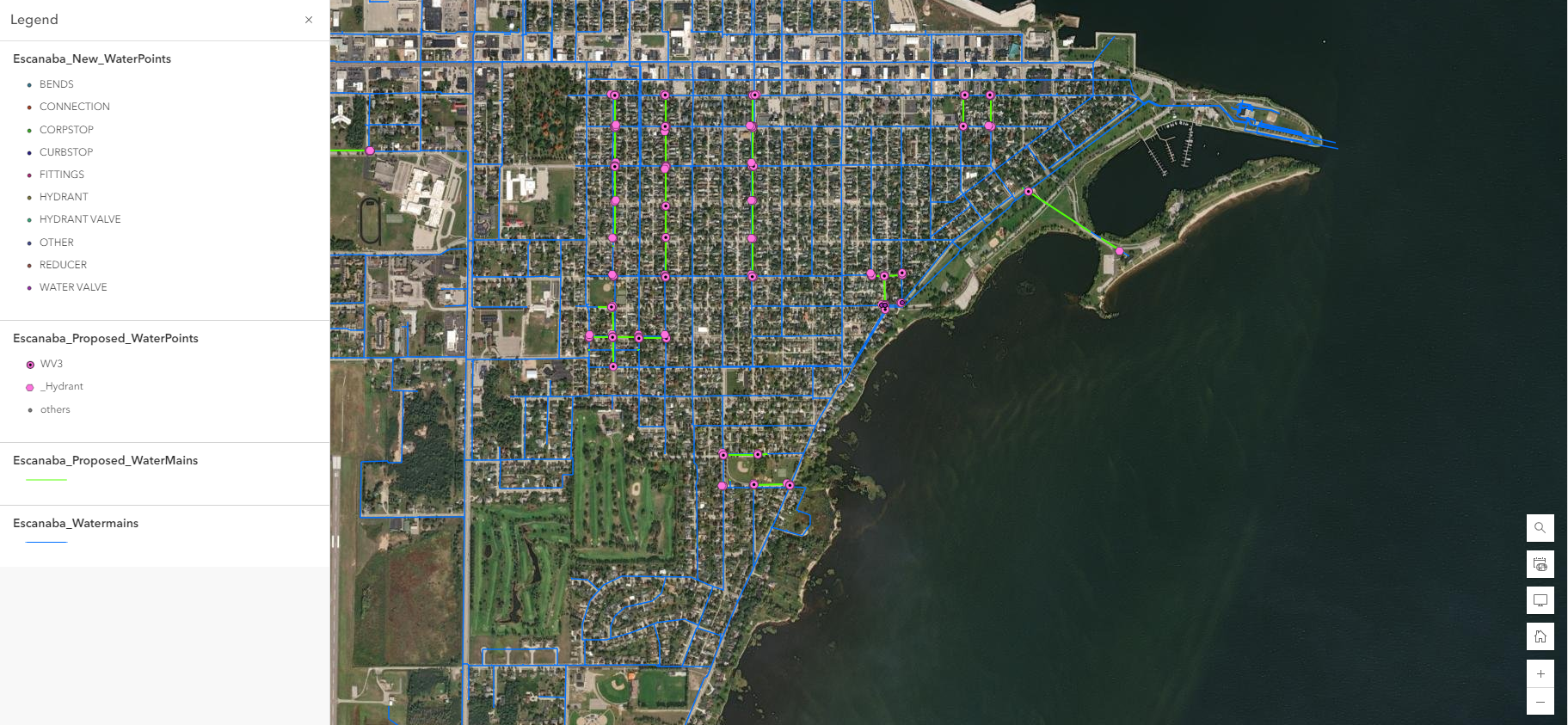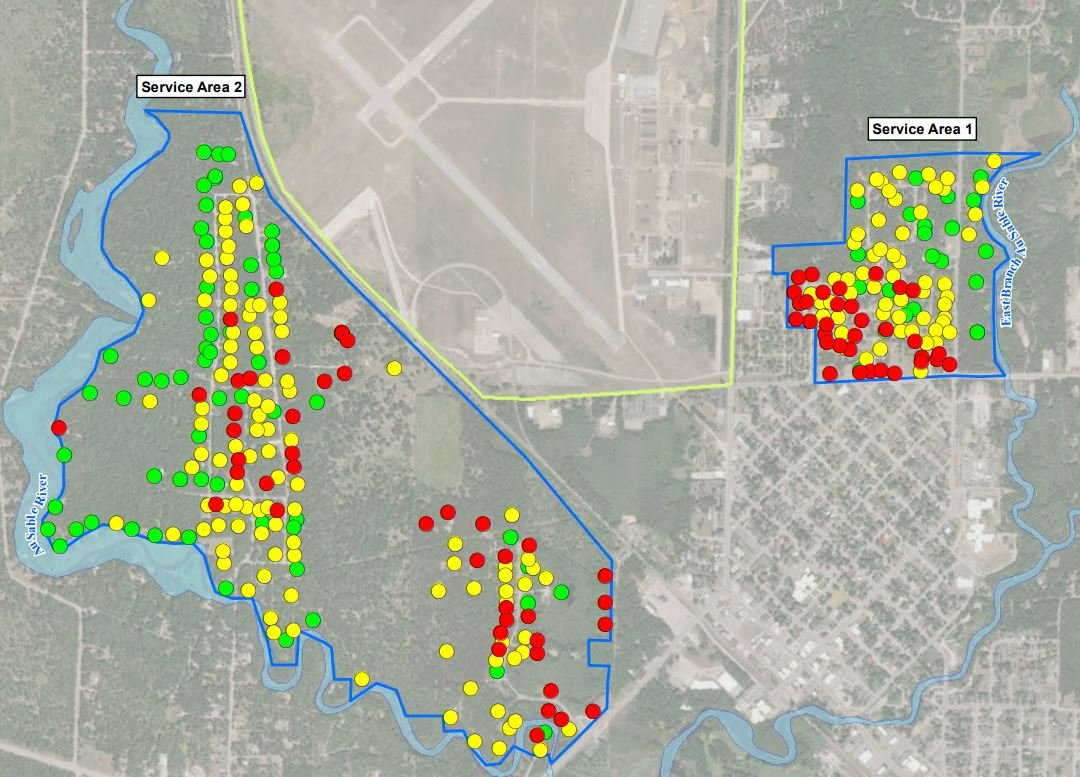Life After College: Career Possibilities for Environmental Engineers
They are the questions that arise in the minds of every college student. Whether it happens during a sunny stroll across campus or a feverish study session at the local coffee shop, you’ll ask yourself, “Where will this degree take me? What will my career look like? What sorts of things will I actually do?”
No matter the major, picturing a post-graduation life can be difficult. As a firm that houses many disciplines under one roof, we at C2AE know that career paths are often winding, and finding a solid starting point is not always easy. This can be especially true for the relatively new discipline of environmental engineering.
Recently, degrees and careers related to Earth and Atmospheric Science have become more popular. This trend is likely to continue as our society shifts its focus to planetary health and prioritizes making our environment inhabitable for the future. For people entering the environmental career field, this movement can be a double-edged sword. On one hand, job opportunities should be plentiful as new environmental positions spring from the emerging issues our ecosystems face. The U.S. Bureau of Labor Statistics projects the employment of environmental engineers to grow six percent from 2022 to 2032, which is faster than the national average for all occupations. On the other hand, too many choices and emerging career paths can be overwhelming for graduates, making it hard to stay afloat in the sea of options.
There are many directions a graduate can take their environmental engineering career. The direction you choose will strongly depend on your passions and interests, as well as any specializations or sub-focuses you had in college. Whichever sub-focus you choose, you should expect to take the Fundamentals of Engineering (FE) exam, followed by the Principles and Practices of Engineering (PE) exam, if you wish to hold the title of “Professional Engineer.” While an environmental engineering FE exam is available, the FE exam that you take does not dictate which PE exam you can take later. So, you could take a different FE exam and still take the environmental PE exam.
Whatever career route you decide, the concepts and principles you learn along your educational journey will be instrumental to your environmental engineering career. The “environmental” and “engineering” aspects of the degree are often used equally. Sarah Falkowski, an engineer at our firm with two years of experience, notes that she uses the engineering part of her environmental engineering education for “critical thinking and problem-solving” and the environmental part as the base “science.” An example of this can be found in water and wastewater treatment—a discipline in which C2AE has much expertise—where “engineering” knowledge is necessary to design the treatment plants, but biology, or “science,” experience is needed to identify and treat the various harmful bacteria and microbes that could be found in the water.
The education you receive will lay the foundation for your career. However, most job-specific skills are not learned until you start your professional journey. It’s taking the fundamentals that you gain through your education and molding them for practical uses that can lead to successful employment. As Jim Minster, PE, our resident wastewater expert, states, “Like any other [career], you learn the job when you get the job.”
At C2AE, a large portion of our environmental engineering efforts are focused on water and wastewater projects for government clients. These types of projects are important because they ensure that communities have potable water that is needed for daily life. Treatment plants reduce the risk of sickness due to water-borne diseases. So, as long as humans need clean water to survive, water and wastewater treatment plans will be needed.
There are a variety of environmental career opportunities beyond water and wastewater, some of which do not require you to become a Professional Engineer, that you can pursue after college:
Green Building Engineer: Engineers in this field focus on maximizing energy efficiency in infrastructure. This can include the use of renewable sources, high-efficiency equipment, and energy-maximizing practices. Additionally, they strive for efficiency in the use of other natural resources, such as water and natural gas. Many of C2AE’s engineers practice some form of green building engineering.
Sustainability Engineer: This type of engineer focuses on ways to make infrastructure and practices more sustainable. They create sustainable designs from recycled materials, reduce waste from industrial processes, and develop rooftop gardens. A career in sustainable engineering will have nuanced variations depending on where you live because local laws and culture may dictate which resources and practices are available. At C2AE, several engineers hold LEED accreditation, meaning they are proven advocates for sustainable design.
Environmental Compliance: Professionals in this field focus on federal and state environmental laws. They ensure that environmental laws are followed by individuals and corporations during pre-, in-progress-, and post-construction projects. They can also be responsible for environmental laws concerning public parks, nature reserves, gas stations, food establishments, etc. C2AE’s engineers work closely with federal, state, and local agencies to ensure our projects comply with environmental regulations.
Environmental Consultant: Environmental consultants typically help their clients in the redevelopment, purchase, sale, or evaluation of their land. They complete a variety of fieldwork as part of their investigations, including subsurface soil and water sampling, surface water sampling, air monitoring, delineation, excavations, surveys, etc. The data that is collected during field activities is reported to the client and/or government agencies.
Environmental Research: The possibilities here are seemingly endless. As more environmental issues surface on our planet, research will be required to find solutions and develop technologies to fix them. A career in environmental research will involve working in a lab setting and working in the field on various sites, depending on the specifics of the position. Reporting on research findings, whether to a contractor, client, or the public, will take place after the research is concluded.
These are just a few specific examples of careers that an environmental engineering degree can lead to. You could also do any of these careers, or very similar ones, with a concentration, such as groundwater, surface water, sustainable farming, solar power—and the list goes on. Every year, environmental career choices will continue to grow and adapt.
Many environmental engineers enjoy the wide array of opportunities their degree presents and are excited about the developments that will take place in the future. They get the chance to work with clients and communities, explain the science and processes to the people and municipalities involved, and make a direct, positive impact on the lives of families and individuals. From the increasing use of sustainable materials and practices to new machines and technology, there are sure to be many interesting chances for graduates to make a difference in this ever-evolving career field. ■





